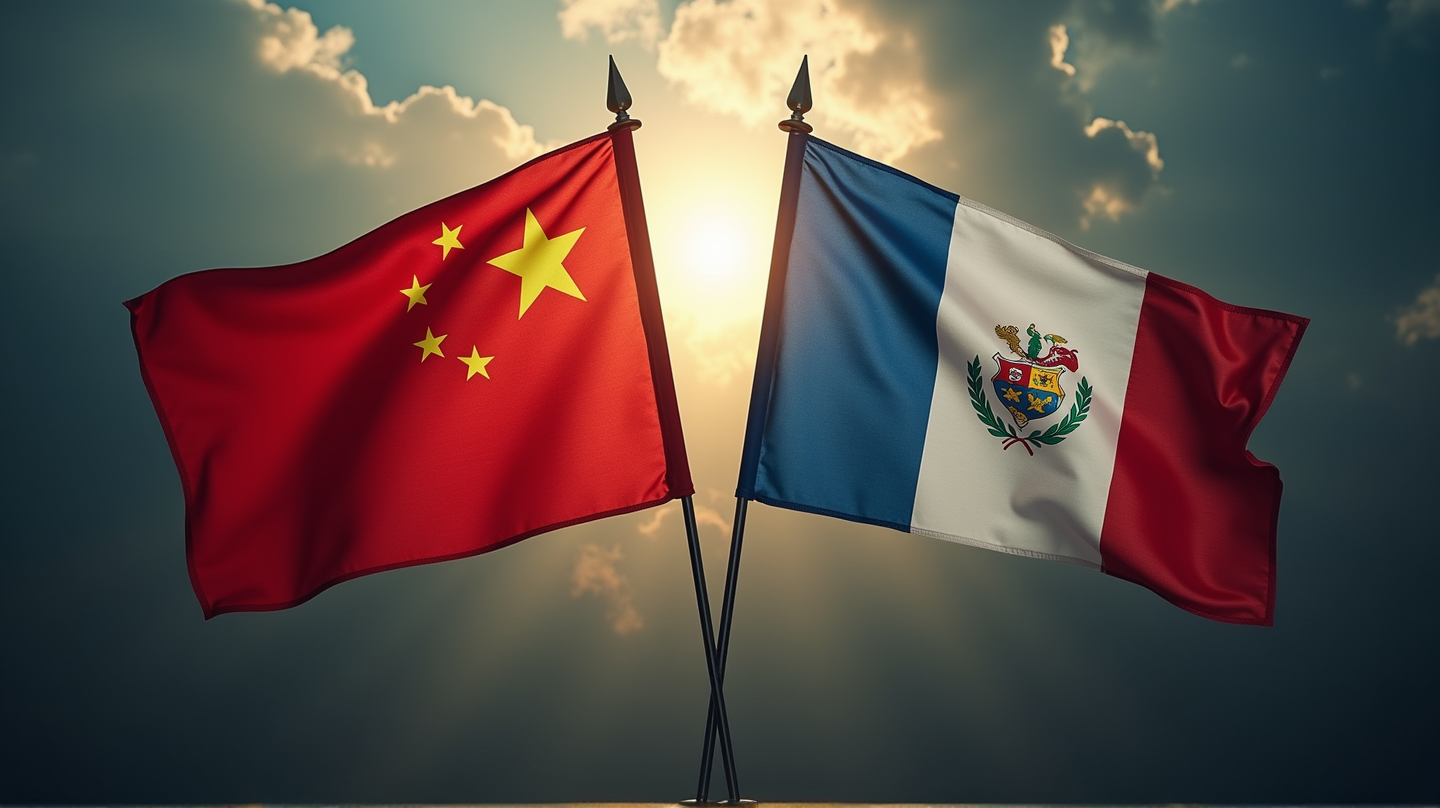In a world full of global alliances and rivalries, China’s recent decision to bolster its ties with Panama shines as a testament to shifting international dynamics. As the United States heightens its scrutiny over geopolitical alliances, China’s strategy plays a captivating role in reshaping the diplomatic landscape.
A Rising Partnership
China’s enhanced support for Panama could be seen through multifaceted initiatives designed to invigorate Panama’s economy and infrastructure. Amidst increasing U.S. pressures, both overt and covert, the Chinese-Panamanian relationship offers an intriguing alternative to the prevailing narrative of U.S. hegemony in Latin America. From proposing extensive development projects to increasing trade agreements, China’s influence is becoming distinctly palpable in this strategically vital region.
Strategic Location Sparks International Interest
Panama’s unique geographical location has always made it a linchpin in international maritime affairs. The famed Panama Canal serves as a critical juncture for global trade, bridging the Pacific and Atlantic Oceans. China, recognizing the strategic significance, has been assertively investing in Panama’s logistics and port sectors. According to Newsweek, Chinese companies have already secured significant contracts for port expansions and other vital infrastructure projects.
Tensions with the U.S.
Such assertive moves by China in Panama, while beneficial to the latter, have not gone unnoticed by the U.S. The pressure from Washington reflects the broader competitive undercurrents between the U.S. and China, reminiscent of a new-age Cold War for influence in strategically crucial regions like Central America.
U.S. officials have expressed concerns over security and the potential destabilization of traditional alliances. However, Panama’s government has been keen on emphasizing its sovereignty and the inherent benefits derived from diversifying global partnerships.
A Win-win Scenario?
For Panama, China’s involvement is not just an economic boon but a sharp pivot towards redefining its role on the international stage. This alignment, however, is not without its complexities. The potential economic benefits must be weighed against geopolitical repercussions, particularly those emanating from the U.S., a longtime ally.
While the full impact of this strengthened relationship remains to be seen, the current trajectory suggests an evolving alliance that underscores the importance of strategic diplomacy in a rapidly changing world. As stated in Newsweek, Panama stands at the intersection of potential prosperity and a tumultuous geopolitical environment.
Global Watching
The world watches closely as this diplomatic tango unfolds, pondering the long-term implications for regional stability and global trade routes. China’s unwavering support reaffirms its ambition to carve a significant niche in Latin American geopolitics, challenging traditional power equilibriums.
In conclusion, China’s increased backing of Panama amid U.S. pressure symbolizes much more than a bilateral relationship—it’s a microcosm of the larger shifts occurring in global political and economic landscapes. With Panama at a crossroads, its choices can redefine relationships far beyond its borders, becoming an emblem of a broader realignment of powers on the world stage.
